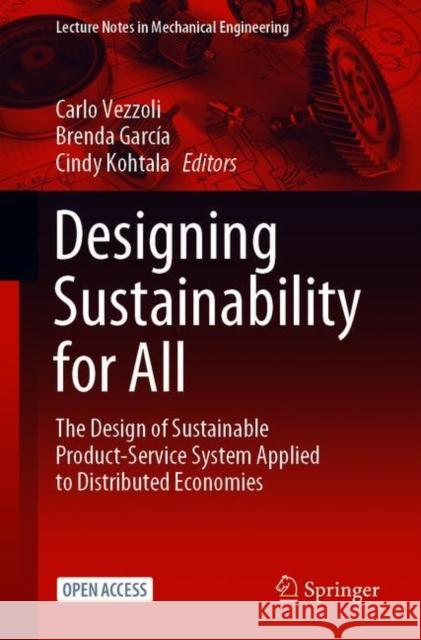Designing Sustainability for All: The Design of Sustainable Product-Service Systems Applied to Distributed Economies » książka
topmenu
Designing Sustainability for All: The Design of Sustainable Product-Service Systems Applied to Distributed Economies
ISBN-13: 9783030662998 / Angielski / Miękka / 2021 / 142 str.
Designing Sustainability for All: The Design of Sustainable Product-Service Systems Applied to Distributed Economies
ISBN-13: 9783030662998 / Angielski / Miękka / 2021 / 142 str.
cena 201,24
(netto: 191,66 VAT: 5%)
Najniższa cena z 30 dni: 192,74
(netto: 191,66 VAT: 5%)
Najniższa cena z 30 dni: 192,74
Termin realizacji zamówienia:
ok. 22 dni roboczych.
ok. 22 dni roboczych.
Darmowa dostawa!
Kategorie:
Kategorie BISAC:
Wydawca:
Springer
Seria wydawnicza:
Język:
Angielski
ISBN-13:
9783030662998
Rok wydania:
2021
Wydanie:
2021
Numer serii:
000459769
Ilość stron:
142
Waga:
0.23 kg
Wymiary:
23.39 x 15.6 x 0.86
Oprawa:
Miękka
Wolumenów:
01
Dodatkowe informacje:
Wydanie ilustrowane











